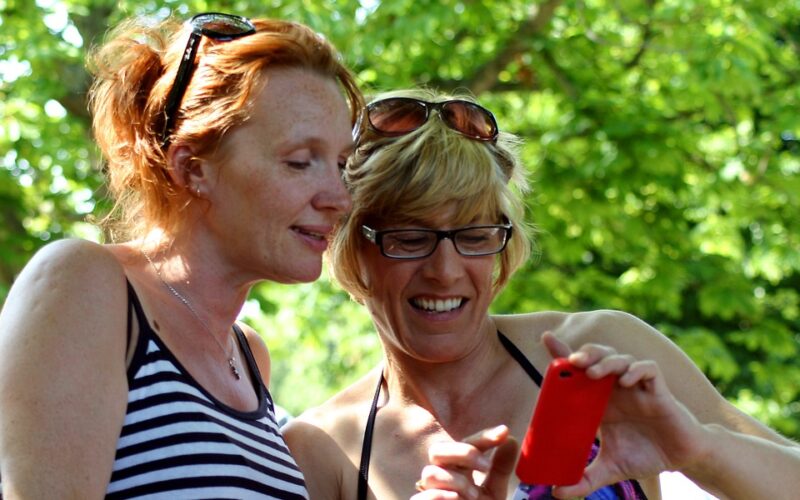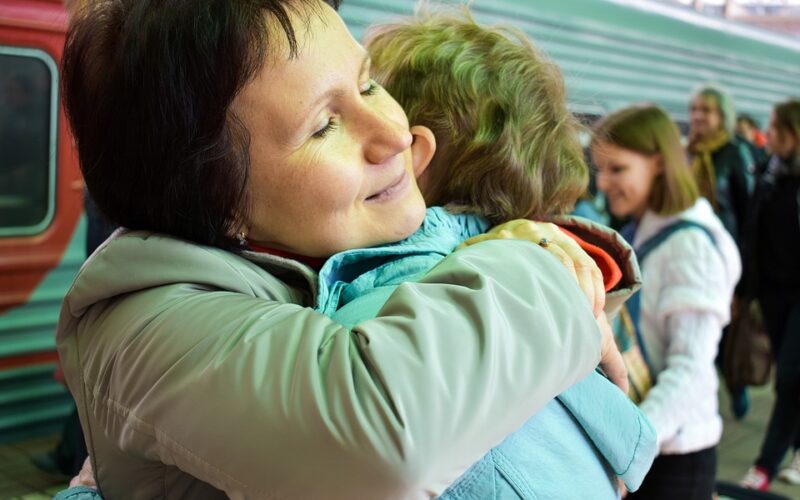Crossing Languages And Cultures
Navigating cultural and language differences can be challenging but incredibly rewarding. With globalisation fostering international connections, establishing meaningful relationships across cultural boundaries has never been more important.
Understand your own cultural biases
Self-awareness is key to overcoming cultural differences. Recognising and understanding your own cultural biases can help you approach new relationships with an open mind. Cultural biases are often subconscious, but they influence how we perceive and interact with others. Take time to reflect on your views and how they might impact your interactions. This will prepare you to better appreciate and respect differences when engaging with people from other cultures.
Learn about the other culture
Educating yourself about the other person’s culture demonstrates respect and shows that you value their background. This doesn’t mean you need to become an expert, but having a basic understanding of their customs, traditions, and social norms can go a long way. For example, knowing how to greet someone appropriately, understanding their dining etiquette, or being aware of certain cultural taboos can prevent misunderstandings and foster smoother interactions.
Be patient and open-minded
Patience and open-mindedness are essential when dealing with cultural and language differences. Miscommunications are inevitable, but approaching these situations with patience and a willingness to learn will help you overcome them. Avoid making snap judgments or assumptions based on cultural stereotypes. Instead, take the time to listen actively and show empathy. Remember that building a relationship is a gradual process, and understanding each other’s cultural context takes time.
Develop effective communication skills
Effective communication goes beyond language proficiency. It involves active listening, clear articulation, and the use of non-verbal cues. When language barriers exist, it’s crucial to speak slowly and clearly, avoid idiomatic expressions, and use simple vocabulary. Non-verbal communication, such as gestures, facial expressions, and body language, can also convey meaning across cultures. Being aware of these nuances and adjusting your communication style accordingly can bridge gaps and enhance mutual understanding.
Utilise technology and translation tools
In today’s digital age, numerous tools can aid in overcoming language barriers. Translation apps and devices can help facilitate conversations, while language-learning platforms can assist you in grasping basic phrases and expressions. Use these resources to your advantage but remember that they are merely aids. They cannot replace the value of making an effort to learn and understand each other’s language through practice and immersion.
Show respect and appreciation
Respect and appreciation are foundational to any relationship, especially cross-cultural ones. Acknowledging and valuing the other person’s culture builds trust and rapport. Small gestures, such as learning a few phrases in their language or participating in their cultural activities, can go a long way in demonstrating your respect and appreciation. This not only strengthens your bond but also enriches your understanding and experience of their culture.
Find common ground
Despite cultural and language differences, common interests and values often transcend boundaries. Finding shared hobbies, goals, or beliefs can create a strong foundation for your relationship. This common ground provides a starting point for deeper connections and mutual respect. Engaging in activities that both parties enjoy or collaborating on projects of mutual interest can further solidify your relationship and promote a sense of unity.
Overcoming cultural and language differences requires effort, patience, and an open mind. By understanding your own biases, learning about the other culture, developing effective communication skills, utilising technology, showing respect and appreciation, and finding common ground, you can build lasting and meaningful relationships. These strategies not only enhance personal connections but also contribute to a more inclusive and understanding global community.










